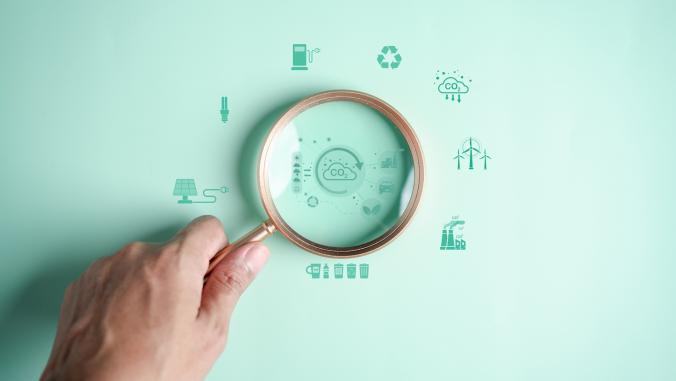Plans to electrify urban road transport took a leap forward this week, with the news U.K.-based electric van and bus pioneer Arrival is to team up with global ride-hailing giant Uber to develop a new "affordable, purpose-built electric vehicle (EV)" for ride-hailing services.
Dubbed the Arrival Car, the new model is slated to enter production in the third quarter of 2023, with the final design expected to appear before the end of this year.
Arrival said Uber drivers will be invited to join the design process to help ensure the final vehicle meets their needs. In addition, Arrival and Uber are to explore a strategic relationship in key markets, including the U.K. and EU.
Uber is one of a number of ride-hailing firms to set targets to fully electrify their fleets in the coming years. The company has committed to doubling the number of EV drivers on its platform by the end of this year as part of a roadmap for all cars offered through the app in London to be fully electric by 2025. It then plans to become a fully electric mobility platform by 2030 across North America and Europe.
However, the ambitious targets have raised questions about the suitability of EVs for taxi services, with some drivers questioning the range and durability of certain models, while also raising concerns about charging infrastructure availability.
As our cities open up, we have an opportunity to make sure that urban transport is cleaner than ever before.
Arrival said a typical ride-hailing vehicle will on average drive 28,000-31,000 miles a year, compared to 7,450 miles for a typical vehicle. As such, the Arrival Car "will prioritize driver comfort, safety and convenience, while ensuring the passengers enjoy a premium experience," the company added.
"We are confident that electrifying ride-hailing vehicles will have an outsized impact on cities, and we are keen to support drivers as they manage this transition," said Tom Elvidge, senior vice president for Arrival Mobility U.K. "Arrival Car will be designed around drivers' needs to create a vehicle that is affordable, durable and desirable. We have a great partnership with UPS to create a best-in-class electric delivery vehicle, and we hope to replicate that success with Uber as we develop the best possible product for ride hailing that elevates the experience of the passenger and improves drivers' health, safety and finances."
His comments were echoed by Jamie Heywood, Uber's regional general manager for Northern and Eastern Europe, who said the partnership would also help support governments' post-pandemic "build back better" agenda. "As our cities open up, we have an opportunity to make sure that urban transport is cleaner than ever before," he said. "Uber is committed to helping every driver in London upgrade to an EV by 2025, and thanks to our Clean Air Plan more than [$187 million] has been raised to support this ambition. Our focus is now on encouraging drivers to use this money to help them upgrade to an electric vehicle, and our partnership with Arrival will help us achieve this goal."
The news follows hot on the heels of the launch of a new Uber Green service in London, which gives passengers the ability to select a fully electric vehicle at no extra cost. In addition, drivers pay a lower service fee through Uber Green, providing a further incentive for them to switch to zero emission models.
The company said that to date more than 3.5 million Uber trips have taken place in fully electric vehicles in London, helping to reduce emissions and improve air quality in the capital.
The announcement also represents a major coup for Arrival just weeks after it completed a stellar IPO on the New York Stock Exchange, which valued the company at a record-breaking $13.6 billion.






